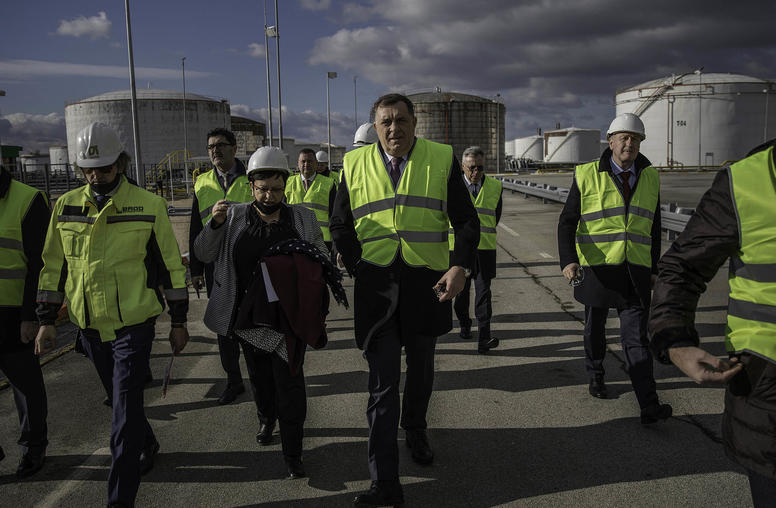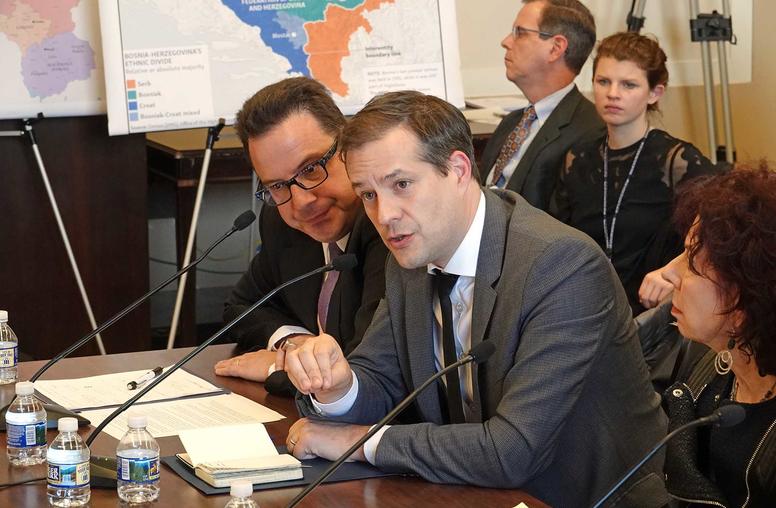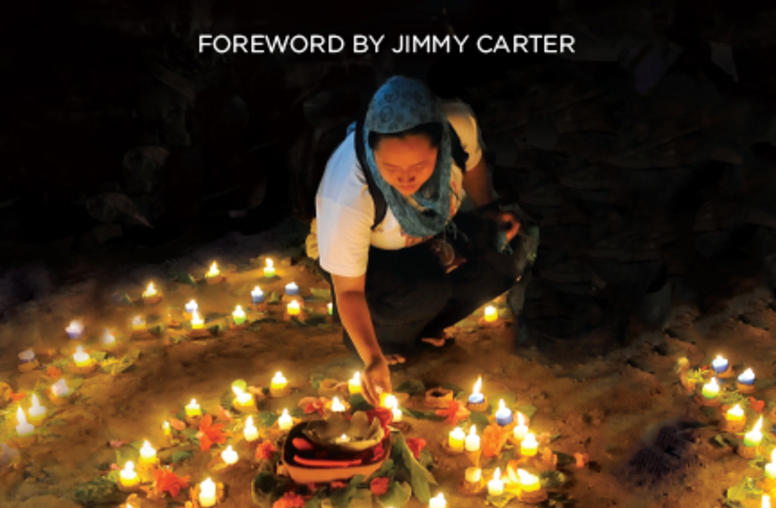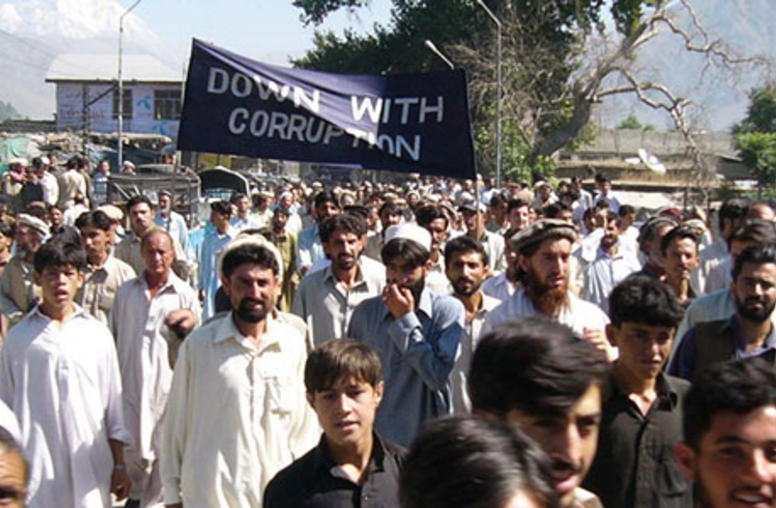A Multimedia Online Atlas of War Crimes in Bosnia-Herzegovina
Over the years, the USIP Grant Program has supported a number of noteworthy projects aiming to develop large-scale public archives of primary and secondary information about conflicts in various countries. A particularly impressive documentation effort is being carried out by a nongovernmental organization in Bosnia-Herzegovina, the Research and Documentation Center (RDC), whose work has been supported by two USIP grants, one of which commenced in May 2010 and remains ongoing.
Over the years, the USIP Grant Program has supported a number of noteworthy projects aiming to develop large-scale public archives of primary and secondary information about conflicts in various countries.
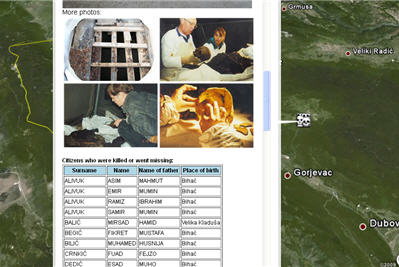 A particularly impressive documentation effort is being carried out by a nongovernmental organization in Bosnia-Herzegovina, the Research and Documentation Center (RDC), whose work has been supported by two USIP grants, one of which commenced in May 2010 and remains ongoing. Since 2005, DC has been digitizing its vast collection of victim statements, witness testimonies, video records of destroyed objects, and other sources on atrocities committed between 1992 and 1995 during the brutal war in the Balkans. The project is a massive undertaking, given the written material alone amounts to more than one million pages contained in 20,800 folders. The International Criminal Tribunal for the Former Yugoslavia and the Bosnian courts already used these resources in countless legal cases.
A particularly impressive documentation effort is being carried out by a nongovernmental organization in Bosnia-Herzegovina, the Research and Documentation Center (RDC), whose work has been supported by two USIP grants, one of which commenced in May 2010 and remains ongoing. Since 2005, DC has been digitizing its vast collection of victim statements, witness testimonies, video records of destroyed objects, and other sources on atrocities committed between 1992 and 1995 during the brutal war in the Balkans. The project is a massive undertaking, given the written material alone amounts to more than one million pages contained in 20,800 folders. The International Criminal Tribunal for the Former Yugoslavia and the Bosnian courts already used these resources in countless legal cases.
RDC is continuing to preserve and consolidate its holdings and to make the contents conveniently available to a wide spectrum of users via the Bosnian War Crimes Atlas. This remarkable online tool employs Google Earth to precisely map documents, images and associated information onto thousands of pertinent locations across Bosnia-Herzegovina. The navigation controls permit one to "travel" around and zoom in and out of the virtual landscape to appreciate what happened to whom, when and where, enhanced by the rare capability to view close up a lot of the actual settings-villages, market places, prisons, concentration camps, etc.-and to read at length about specific sites, events and individuals.
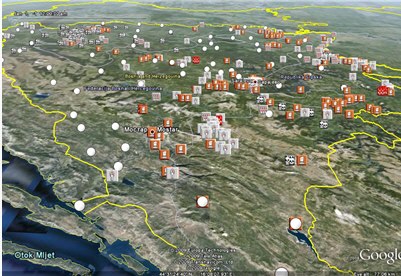 The principal objective is to encourage inter-communal reconciliation by supplying a foundation for a more comprehensive, detailed and shared understanding of the conflict, in order to combat persistent inadequacies of knowledge due to the lack of evidence,as well as ambiguities and contradictory accounts about key historical facts. Target audiences include scholars, filmmakers, journalists, students, policymakers and representatives from other NGOs. RDC has also capitalized on itsfirst-hand familiarityand technological expertise by conducting a series of training sessions on archive digitization forpartners in the region such as the Humanitarian Law Center (Serbia/Kosovo) and Documenta (Croatia).
The principal objective is to encourage inter-communal reconciliation by supplying a foundation for a more comprehensive, detailed and shared understanding of the conflict, in order to combat persistent inadequacies of knowledge due to the lack of evidence,as well as ambiguities and contradictory accounts about key historical facts. Target audiences include scholars, filmmakers, journalists, students, policymakers and representatives from other NGOs. RDC has also capitalized on itsfirst-hand familiarityand technological expertise by conducting a series of training sessions on archive digitization forpartners in the region such as the Humanitarian Law Center (Serbia/Kosovo) and Documenta (Croatia).
More from USIP
- Telling the Story: Documentation Lessons for Afghanistan from the Cambodian Experience
Peace Brief by Scott Worden and Rachel Ray Steele | December 2008.
